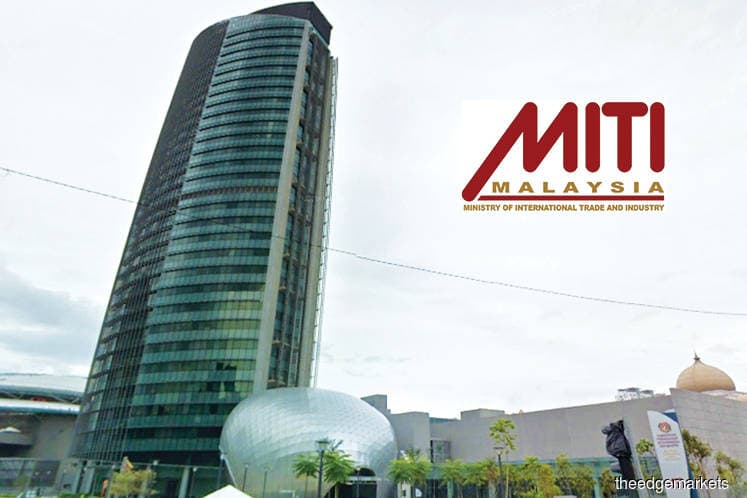
This article first appeared in The Edge Financial Daily on January 17, 2019
KUALA LUMPUR: Malaysia hopes that negotiations on the Regional Comprehensive Economic Partnership (RCEP) can be concluded by the end of this year to enable Malaysian companies to expand their export markets, Deputy International Trade and Industry Minister Dr Ong Kian Ming said yesterday.
Ong said apart from the RCEP, the government is also exploring the possibility of restarting negotiations on other free trade agreements (FTAs) with European countries.
“Our focus is on RCEP. It is an Asean-led initiative [and] we were able to make some progress at the end of last year in Singapore. But it has not reached a substantive conclusion whereby there is a very strong indicator that we will be able to finish it in the first half of this year. The negotiation is on-going, I think it will take the rest of the year to get to the end stage,” he said.
“We have FTAs with many of the members of RCEP already, through Asean or bilateral, so we want to have better market access compared to what we already have, and protection for [services provided by] Malaysian companies and [their] products,” Ong added.
He was speaking to reporters on the sidelines of the World Bank international conference on ‘Globalisation: Contents and Discontents’ yesterday.
Ong said Malaysia hopes that, with the RCEP, Malaysian companies will be able to export their goods and services to larger markets like India and enjoy lower tariff and non-tariff barriers.
Beyond RCEP member countries, Ong said the government is exploring the possibility of restarting negotiations on an FTA between Malaysia and European Union (EU), as well as an FTA between Malaysia and European Free Trade Association (EFTA) countries.
Ong acknowledged that these would be a challenge, in the face of some European countries’ plan to ban the use of palm oil in biofuels.
“We have discussions on the Malaysia-EU FTA, but we have not restarted the process. It would be difficult for us to restart those talks if there is no possibility of the situation regarding palm oil being pointed in the right direction. So, if we don’t see any progress on the palm oil issue, then restarting the Malaysia-EU FTA will be challenging,” he said.
The Malaysia-EU negotiation was formally launched on Oct 5, 2010. A total of eight rounds of negotiations were held between December 2010 and September 2012.
The negotiations reached an impasse in 2012 as both sides had exhausted their negotiating options at that time. Subsequently, it was agreed that negotiations will resume when a fresh mandate and/or flexibilities become available to both sides.
The Malaysia-EFTA FTA, on the other hand, also saw a total of eight rounds of negotiations being held since March 2014. The last round was hosted by Kuala Lumpur in May 2017.
EFTA countries comprise Iceland, Liechtenstein, Norway and Switzerland, which are not part of the EU.
“We are exploring options to restart negotiation on the Malaysia-EFTA FTA as well, hoping that similar arrangements (with Indonesia-EFTA FTA) can be made for Malaysia,” Ong said.
Indonesia signed an economic agreement with EFTA in December last year to eliminate tariffs and non-tariff barriers for thousands of products traded between them, including full market access for Indonesian palm oil to Iceland and Norway.